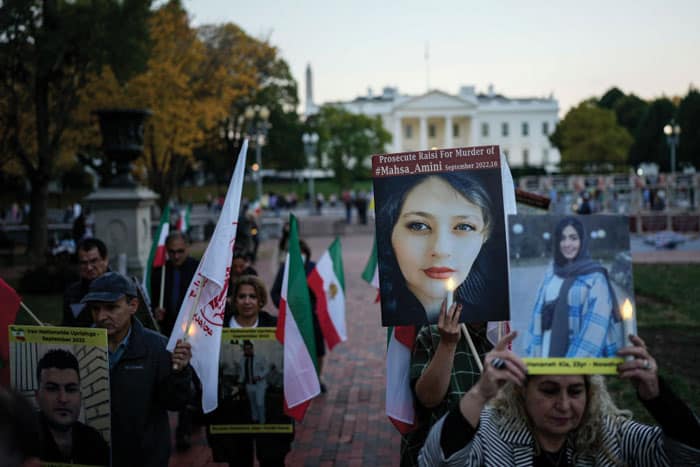
It’s safe to say that most Jews around the world, regardless of their level of religious observance, know that Rosh Hashanah begins this week. It’s even safer to say that most exiled Iranian Jews around the world know that this week marks not only Rosh Hashanah, but a very important day for Iranians as well.
This year, the first day of Rosh Hashanah (September 16) also marks the first anniversary of the death of Mahsa Jina Amini, the 22-year-old Iranian Kurdish woman who perished at the hands of Iran’s brutal morality police in 2022, and whose death sparked a historic revolution that was never before been seen in the Middle East, because it was led primarily by women. Hence, the three words that seemed to take parts of the world by storm in the past year were “Women, Life, Freedom.”
Mass protests will be held all over the world this September 16 because tensions are still running so high and Iranians, whether in Iran or abroad, cannot forget the cruelty of the past 44 years of theocratic rule since the 1979 revolution (and family members of those who were killed are still being arrested for seeking justice). This past year, Iranians worldwide were offered something so precious and fragile that losing it seemed almost inconceivable: the hope that they could bring an end to the regime.
Naturally, I contemplated how I could connect Rosh Hashanah, a powerful Jewish holiday that’s so deeply tied to matters of the soul that it feels almost eternal, with the first anniversary of Iran’s current revolution, which, while crucial, sadly seems like another mark on the metaphoric wall of freedom’s battle against tyranny worldwide.
I thought about the Iranian Jews who will skip protests to attend synagogue this year and, while remembering that September 16 is an important date, will choose to focus on the first two days of the month of Tishrei, and on the vital work of repairing their relationship with G-d, and with others, through heartfelt prayers and teshuvah.
I also thought about the Iranian Jews who will choose to attend synagogue services in the morning because, at their core, they identify as Jews, but who will also demonstrate at protests in the afternoon because somewhere inside them, their hearts will always look to the East, toward Israel, but also toward Iran (even if they were born in the United States, Canada or elsewhere).
Such is the duality of our community: If I forget thee, Jerusalem, may my right hand forget its skill. And if I forget thee, Tehran (or Shiraz, Isfahan, Hamedan and elsewhere), may my left hand know the lonely meaninglessness of forgetting from where I came.
Such is the duality of our community: If I forget thee, Jerusalem, may my right hand forget its skill. And if I forget thee, Tehran (or Shiraz, Isfahan, Hamedan and elsewhere), may my left hand know the lonely meaninglessness of forgetting from where I came.
Our rabbis teach that Rosh Hashanah, while known as the Jewish New Year, actually marks the birthday of creation and the world itself. But since G-d created a world of both light and dark, Jews also believe that during the powerful 10 “Days of Awe” (Yamim Noraim) between Rosh Hashanah and Yom Kippur, a person’s fate is sealed for the coming year.
The liturgy of the High Holy Days offers a humbling, even frightening reminder of this: “On Rosh Hashanah it is inscribed, and on Yom Kippur it is sealed – how many shall pass away and how many shall be born, who shall live and who shall die, who in good time, and who by an untimely death …”).
The brave Iranians who led the country’s most recent revolution took to the streets precisely because Amini and so many others suffered an untimely death. Was she the first Iranian woman to have been killed while in custody by Iran’s Revolutionary Guards? Certainly not. But there was something so heinous about the way she was brutally beaten by regime thugs — who falsely claimed she died of a heart attack — that was symbolic of an entire nation’s unrest over the daily terror of the religious morality police and all that they inflict upon Iranian women.
In the year that has passed, countless people have died in Iran as a result of the revolution; some were actively participating in protests; others were passerby, including several children. Women (and some men) were raped in prison or while in police custody. And then, among the over 20,000 who were arrested for protesting, there were those who were eventually charged with “waging war against God” and executed by hanging.
It could be argued that the fates of the hundreds of Iranians who were killed between last September and this September were also sealed, but in contemplating how Rosh Hashanah connects with September 16, I want to focus on what I consider the biggest takeaway from what happened to Amini and so many others in Iran: The choice to live each day with unshakable gratitude and meaning.
I did not know Mahsa Amini. Born in 2000, in most ways, she was an average Iranian young woman. She wasn’t an activist; she was simply in Tehran to visit her brother and, like tens of millions of Iranian women, tired of the mandatory hijab laws. But there was something about her face, and her smile in particular. Though sources close to her family told the media she was shy, to me, Amini’s soulful eyes and warm smile suggested that she knew how to enjoy life, and how to really live. Shortly before her death, she had been accepted to a university and wanted to become a lawyer.
Perhaps it was because she was Kurdish, and Iran’s Kurdish community exudes a particular zest for life because it has survived so much discrimination. In the case of Amini, it seemed that she wanted so much to live — in all the freedom and happiness that living is meant to entail — that she removed part of her oppressively mandatory head covering. For that risk, most Iran women are harassed or detained by the morality police, while others are beaten. Tragically, Amini was beaten in the head so hard that she was killed.
I often think about how Amini spent the hours before she was beaten on September 13, 2022, and died three days later. I imagine that she took in all the sights and sounds of a bustling Tehran, bought small tchotchkes in outdoor bazaars, and enjoyed the simple joys of Persian street food. She couldn’t have known what awaited her, but something tells me she didn’t spend that day in fear, though, unlike most of us living in the West, there was plenty to fear living in Iran. Perhaps she enjoyed a perfectly pleasant day visiting Tehran, or at least, as pleasant a time as a woman could have visiting Tehran. When I think about Amini, I imagine that she is speaking to me and millions of others, telling us with a sad smile, “Live your life. Live each day. Devour life and don’t be afraid.”
And that, for me, is the biggest parallel between Rosh Hashanah and September 16: We can only hope we will be inscribed and sealed in the Book of Life. But the best we can do is to consciously live each day with a quiet awe that we’re still alive.
I am reminded of a story that journalist and activist Masih Alinejad shared with Forbes last year about a teenage girl’s response to her mother, who feared her daughter would be killed if she joined the protests in Iran: “I can’t choose what I wear,” she said. “I don’t have the right to dance in public. By law, I’m not allowed to be myself. I’m already dead.” Then she told her mother, “But when I go to the streets, I have a dream. And that makes me alive.”
Rosh Hashanah is a time to repent, as well as a time to rejoice. But it is also a time to dream. I dream of being a better person tomorrow than I was today. And I dream of returning to Iran, to once again stand in a synagogue in Tehran on Rosh Hashanah. And as I pray, I will stand to the West, toward Jerusalem, and dream of that elusive blessing known as peace.
Shana Tova u’Metuka.
Tabby Refael is an award-winning writer, speaker and weekly columnist for The Jewish Journal of Greater Los Angeles. Follow her on Instagram and X @TabbyRefael
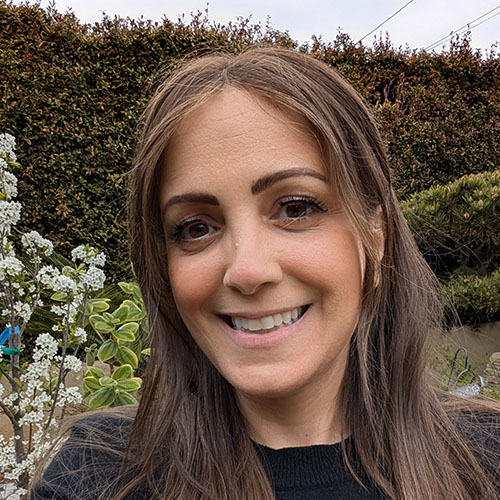






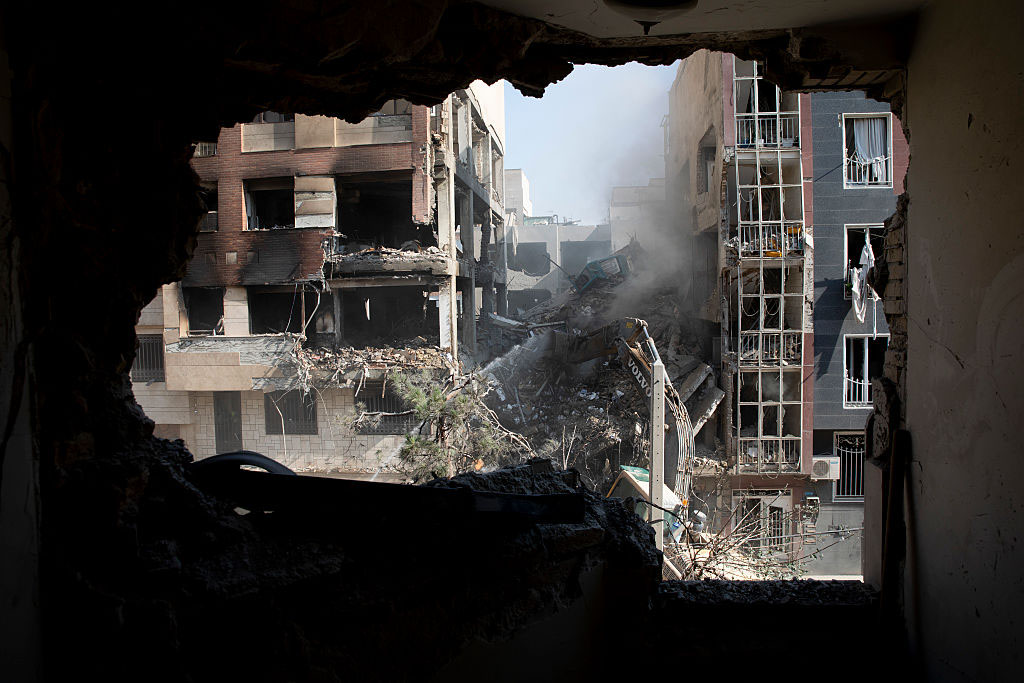
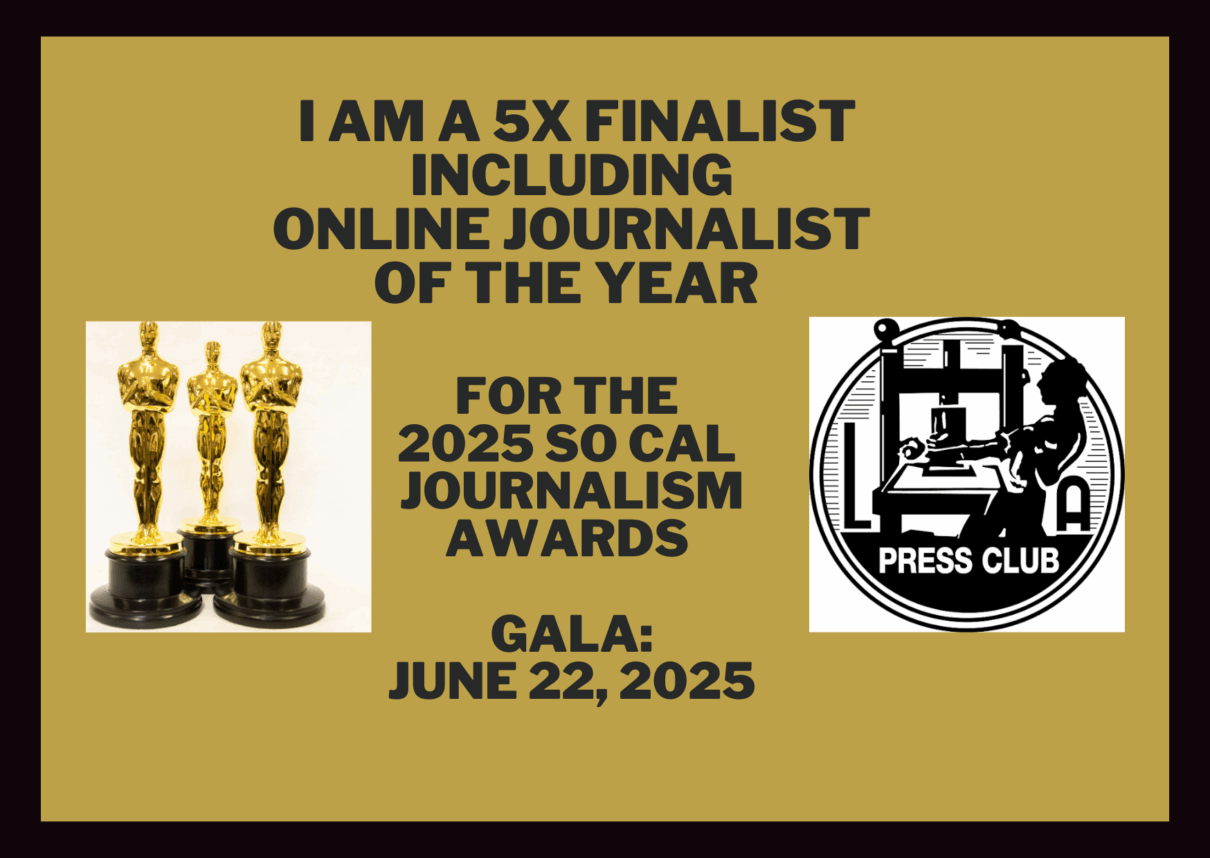
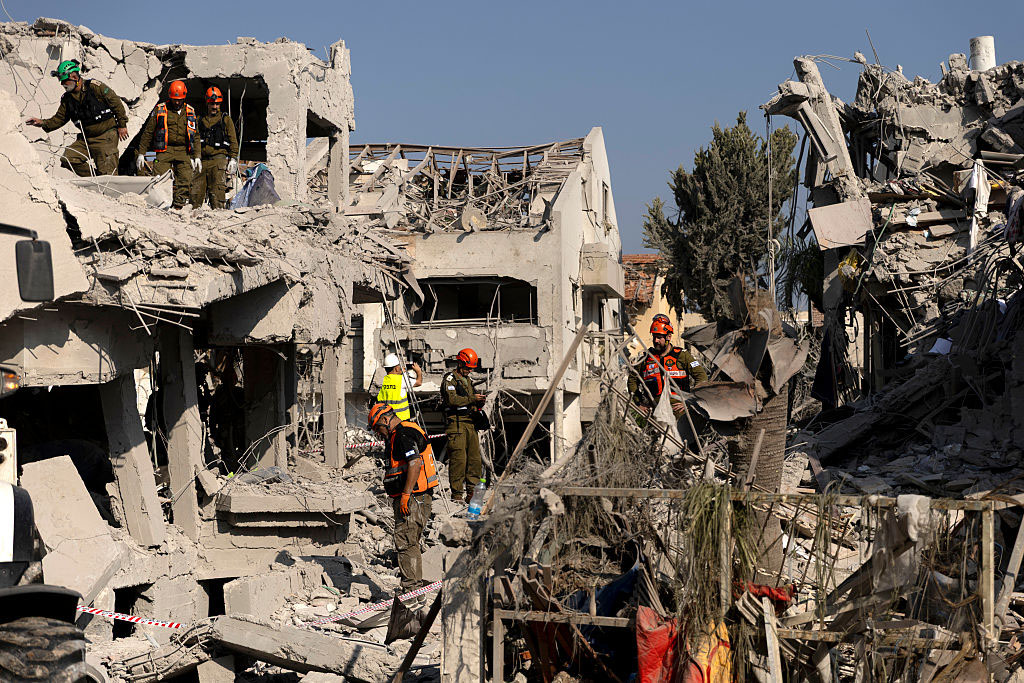
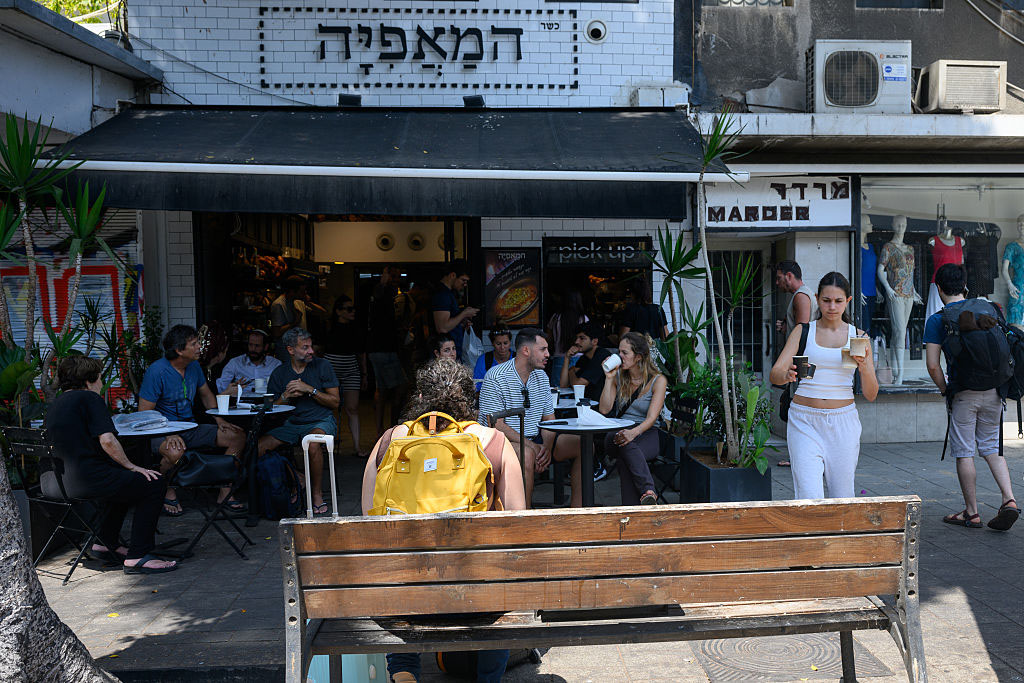
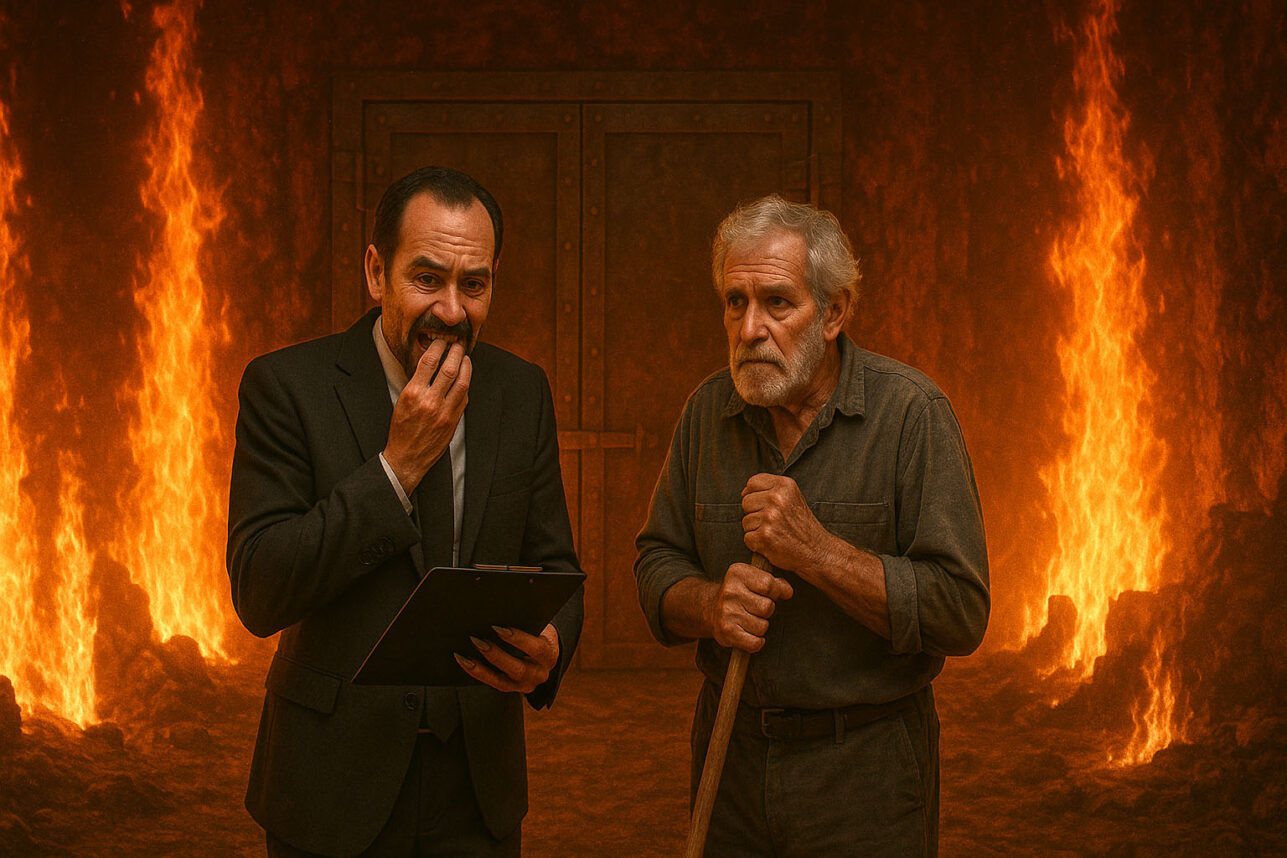
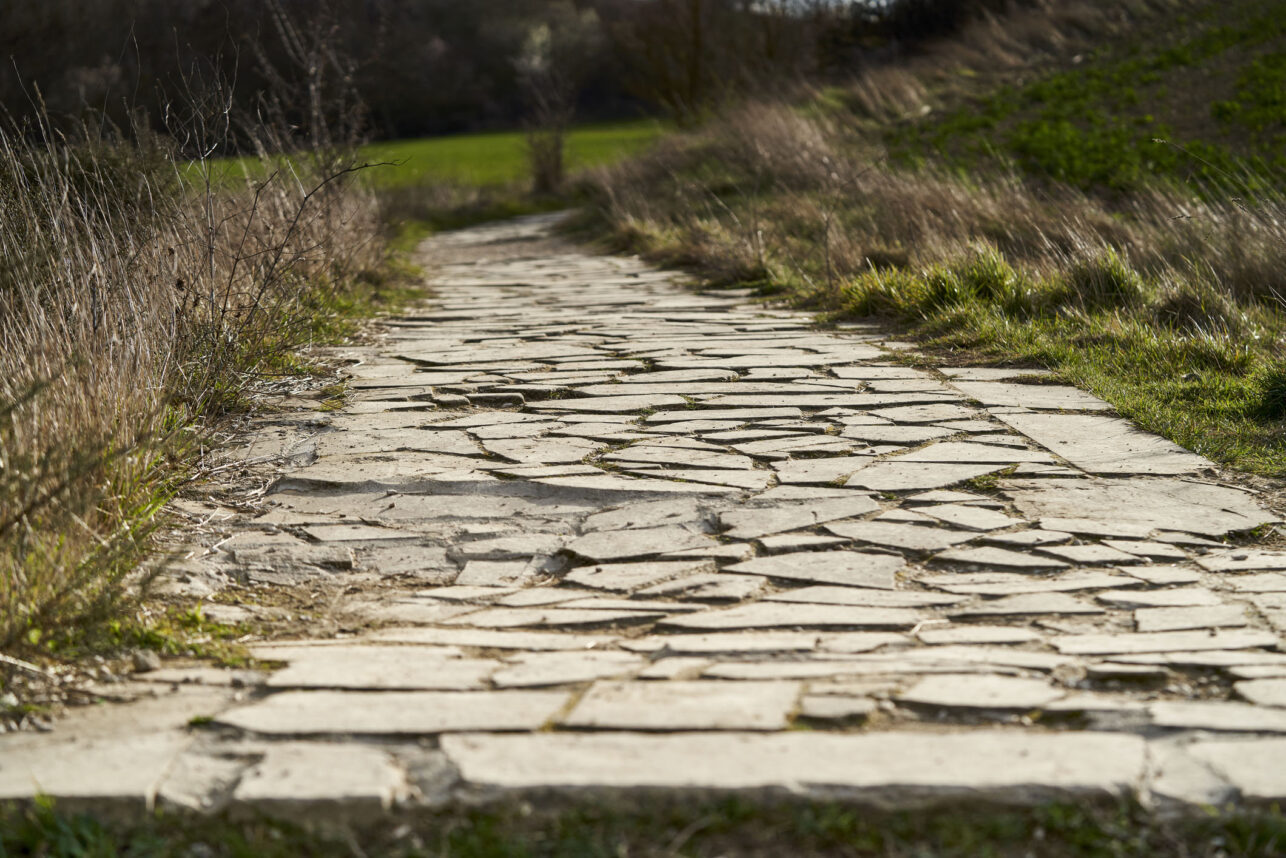
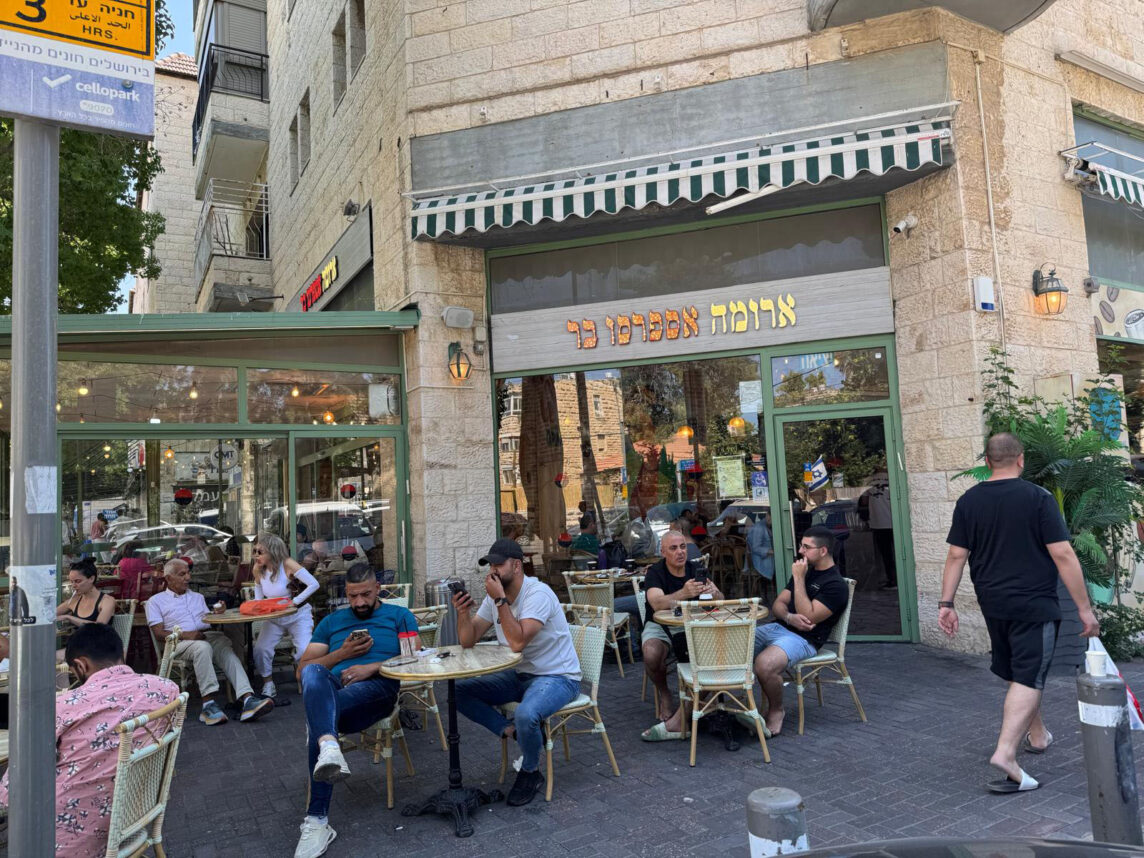
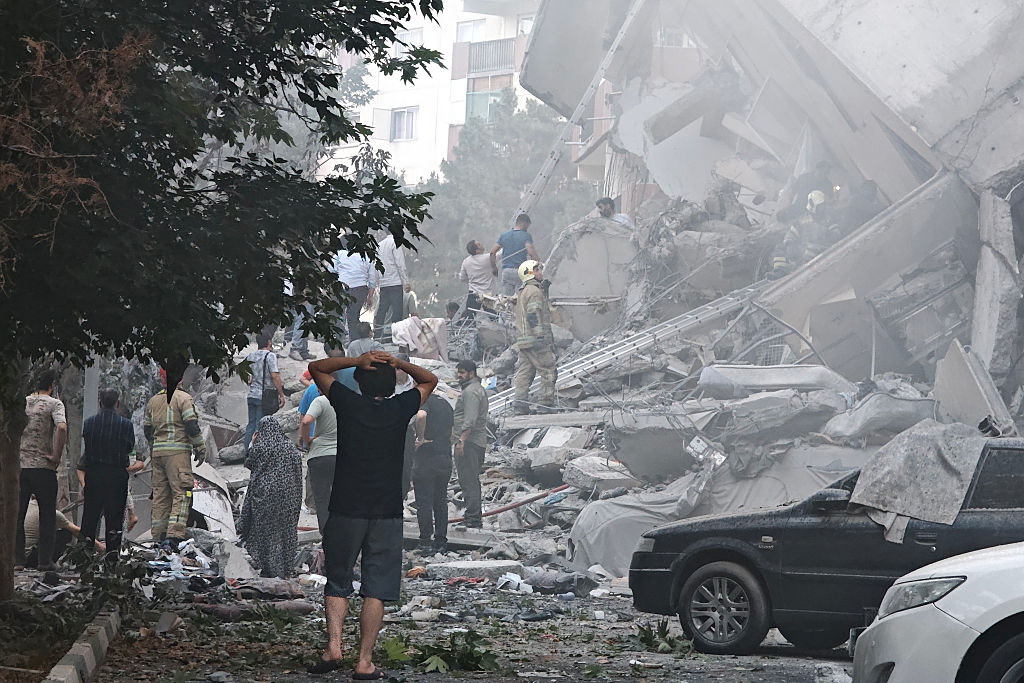
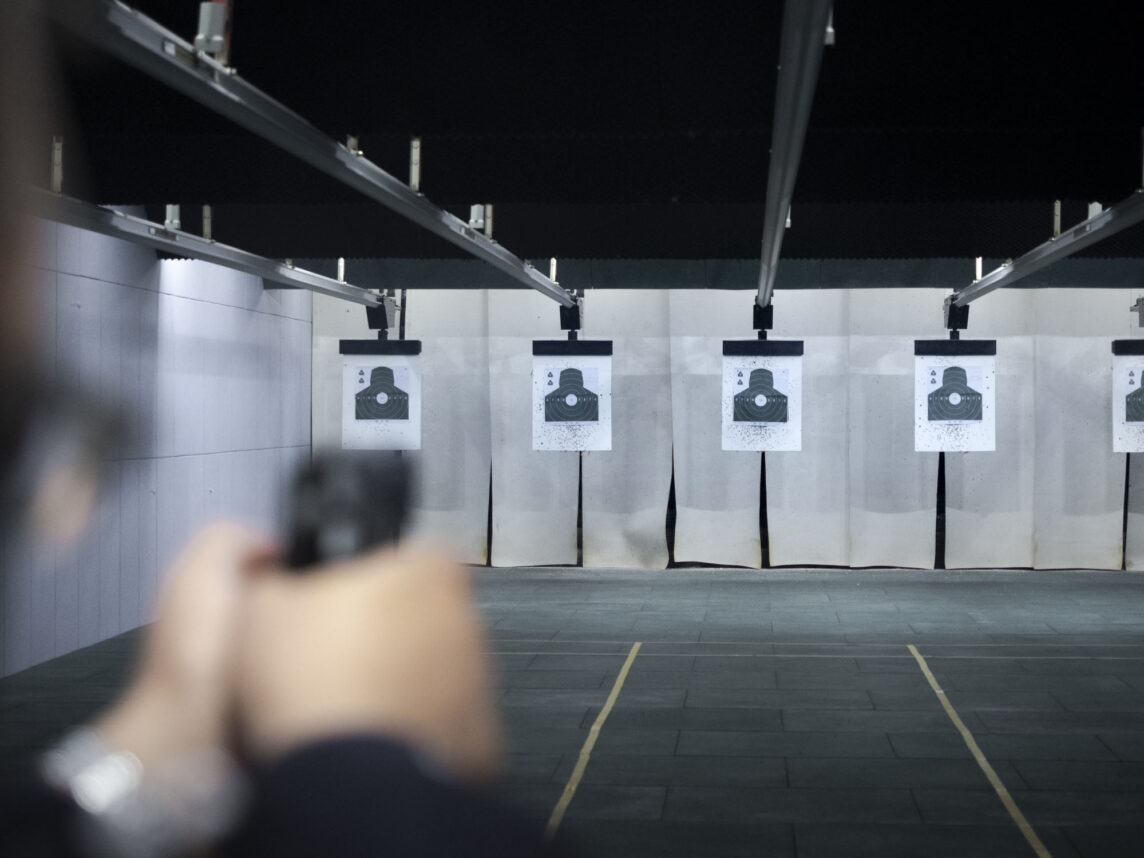
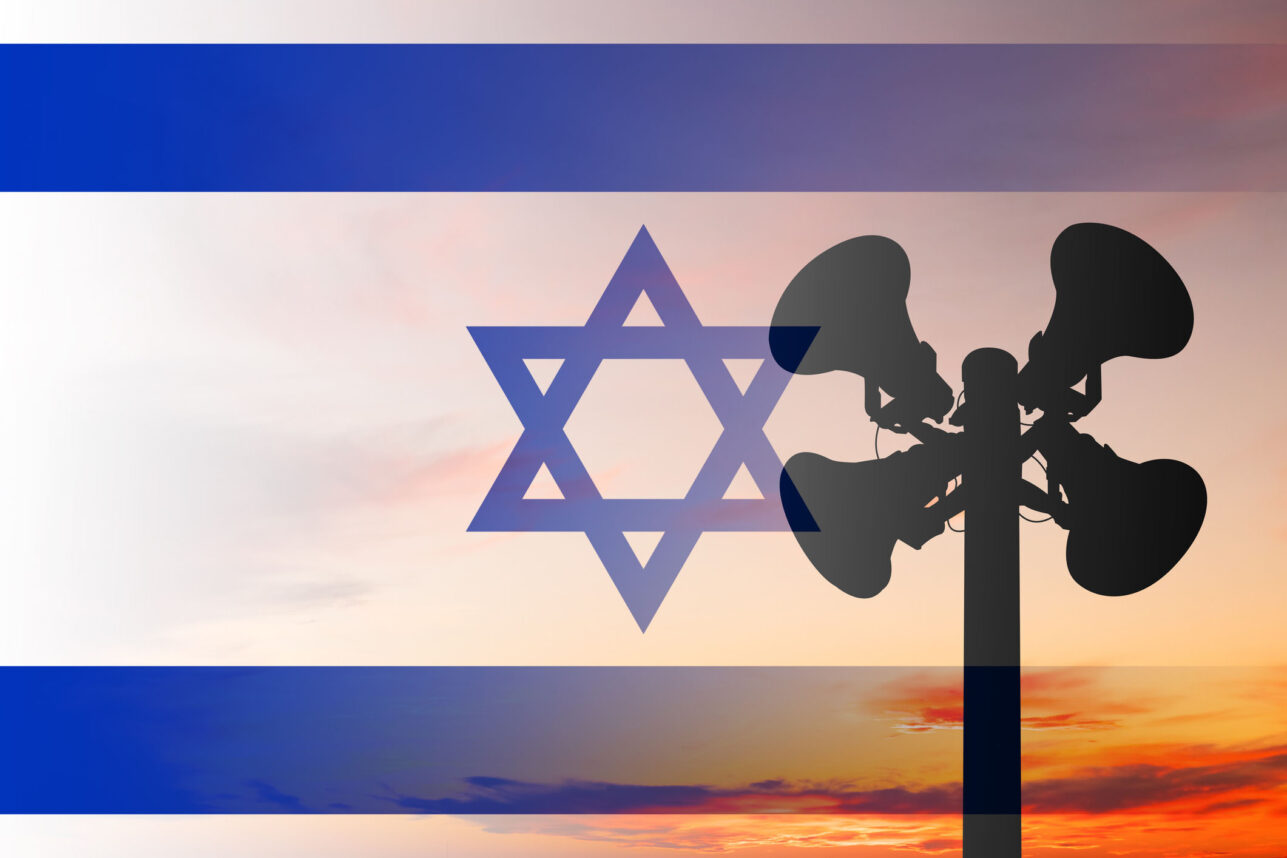
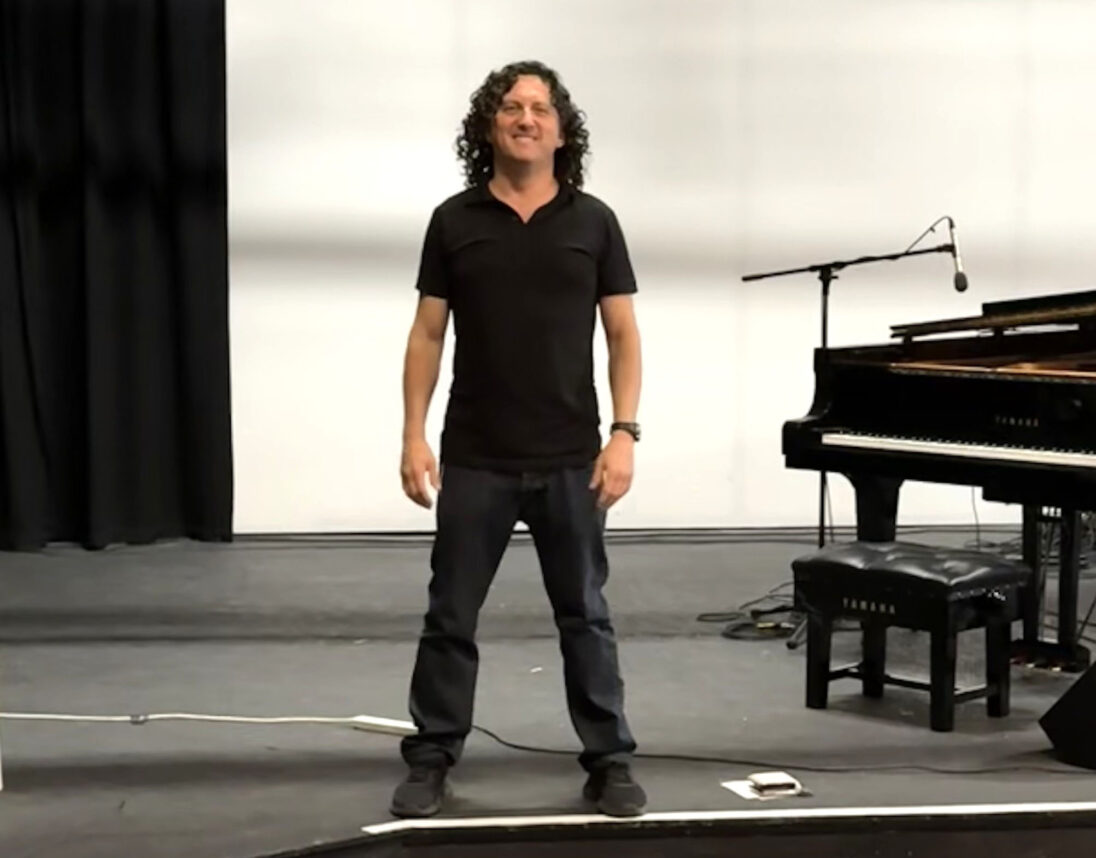



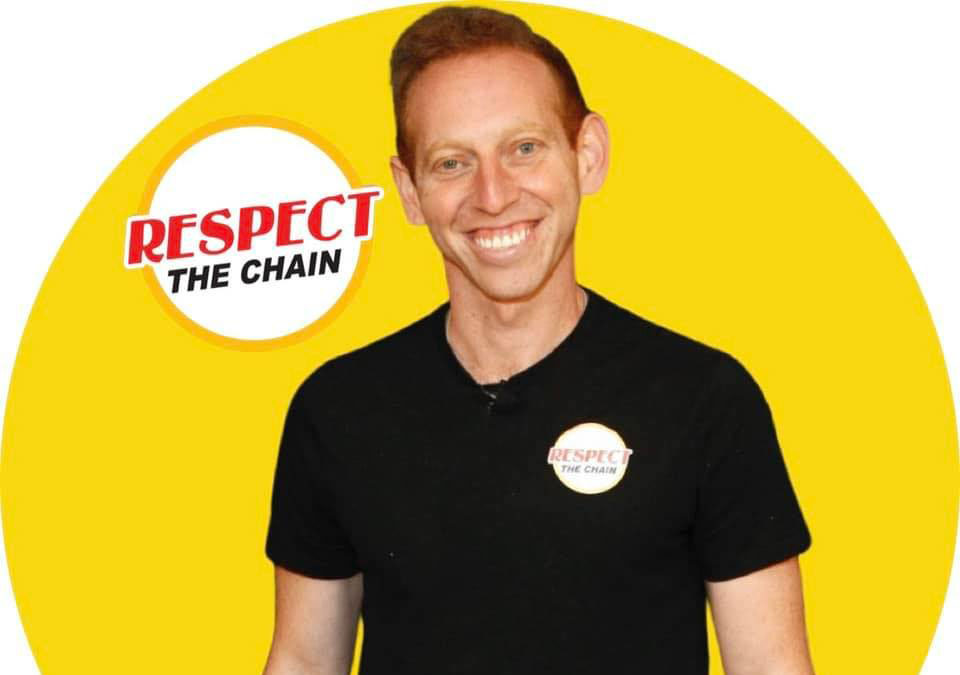


 More news and opinions than at a Shabbat dinner, right in your inbox.
More news and opinions than at a Shabbat dinner, right in your inbox.